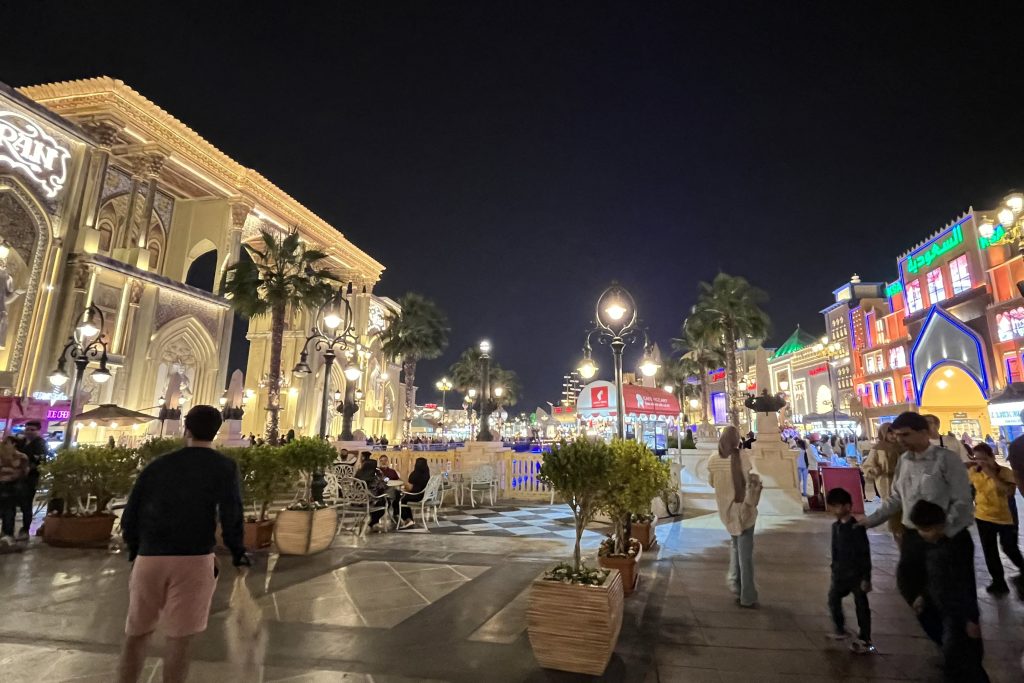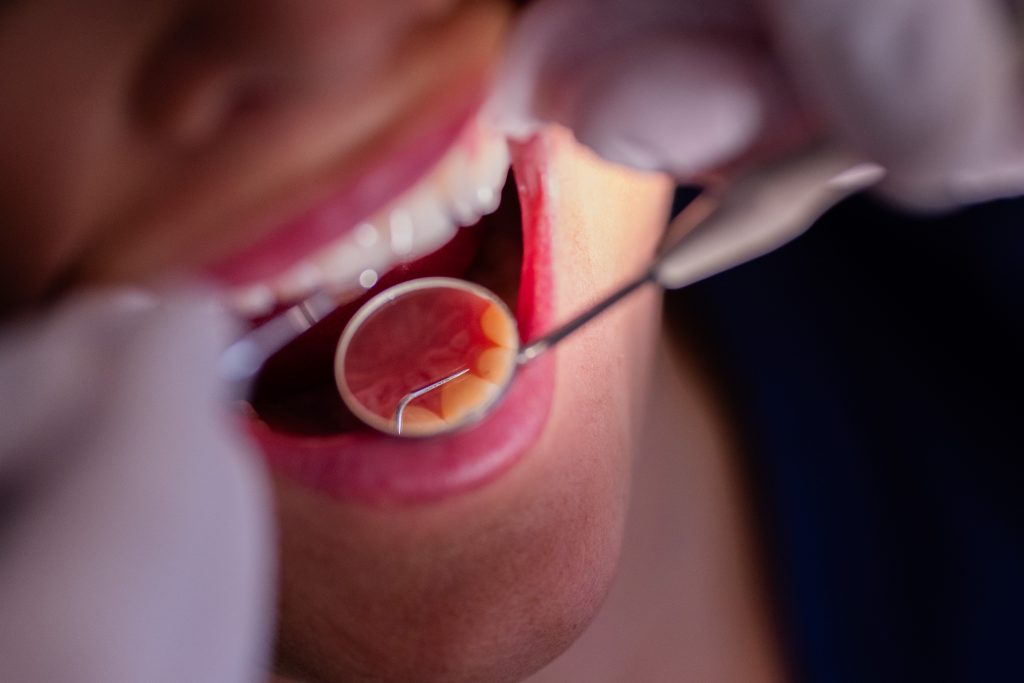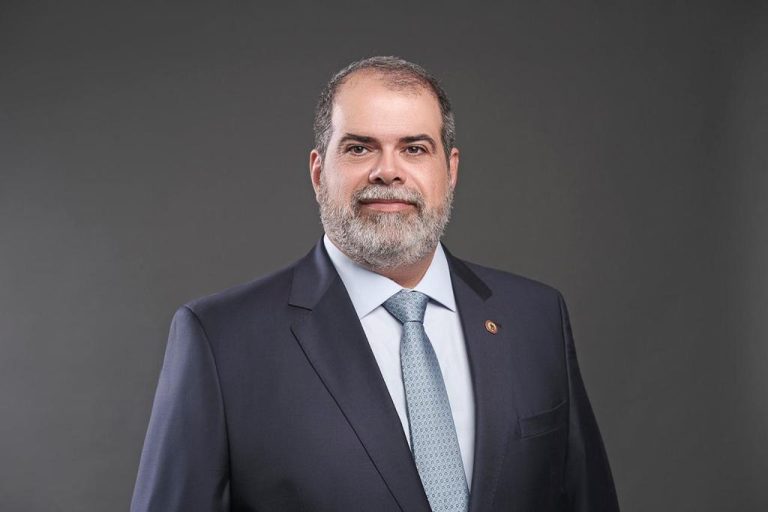São Paulo – The Brazilian Dental Council (CFO, acronym in Portuguese) is developing an internationalization project for the Brazilian dentistry with a focus on several countries, including the United Arab Emirates.
The lack of dental schools in the Arab countries, which consequently causes a high demand from patients, and highly appealing pays in the private sector are some of the reasons that have made the council take the project to the Arab country.
According to CFO chair Juliano do Vale, the high demand is mainly related to the foreign community residing in the UAE for work, where Brazilian dentists can find room. “I believe we have a chance to be well accepted int the country,” explains Vale.

Despite the existing needs, there’s still some information that has to be confirmed by the council. “We have to know which salary the workers would receive, how is the internal policy of each emirate, etc. We intend to make a visit to the Arab country by the end of the year to take this proposal and try to hear from them if it’s viable,” says Vale.
The connection with the Emirati, when it happens, will be done via the Ministry of Foreign Affairs of Brazil or some ambassador. “We’ll try to set out the rules of the project, understand what the actual need is and build a proposal to cater to them,” says Vale.
“At the same time, we’ll see what the government criteria are for a project such as ours, understanding for instance if dentists need a residence or work visa, if they have to go through a selection process or meet some eligibility criteria to start working.”
Project development
The idea for the project is old, as it was born before the advent of the pandemic,” said Vale. “After we saw a great number of workers graduating in Brazil, we wondered where they all would work. At the same time, we notice a small number of workers graduating in other countries, so we saw this gap as opportunity for our professionals to work in other countries.”
According to Vale, the idea remained shelved until January 2024, when the CFO actually started developing the project. It’ll be concluded by late August, then it’ll be submitted to the government.

“We want to go international with our dental services, like a worker exchange, a Mais Médicos in reverse. After it is finished, I believe the project won’t face any obstacles to be approved by the government,” says Vale.
By now, the council has developed a website for Brazilian dentists to help plan actions for the projects. On its website, workers respond if they speak any other languages -which is essential to work abroad – and may choose where around the world they’d like to work.
“We’re also getting to know a bit more about these potential markets to establish some kind of policy for the professionals to work. After all, each country has its own reality, its own labor law. They’ll have areas that’ll need more dental implant services or more clinicians,” explains Vale.
Other destinations
In addition to the UAE, the CFO has information on the United States, another potential destination for exporting dentists. The council knows the North American country has facilitated the visa issuance for health workers, doctors and nurses since the pandemic. But for Brazilians to work there, they need to be accredited in the conventional way, taking an English test.
“We also have the notion that many small countries in Europe usually seek these workers in neighboring countries. Depending on the country and the need, the CFO will broker it to allow Brazilian dentists to be accepted,” says Vale. “We also aim to set up a database for our workers, divided into specialties. Ten percent of the dentists in Brazil have shown interest in operating in another country. This is already a good sign that our exchange can be successful.”
The CFO chair is confident that Brazilian professionals will be welcomed because of their good reputation and the quality of their treatment and the equipment they use.
“They are some of the world’s best, providing the finest services. Brazilian dental equipment is high-quality, even being exported to nearly every country around the world, and it’d go with the dentists going to work outside Brazil,” says Vale.
Read more:
Brazil’s Health Cultural Center seeks Arab support
Lebanon raises donations to treat childhood cancer
Brazil’s Oncoclínicas sets up JV in Saudi Arabia
Report by Rebecca Vettore, in collaboration with ANBA
Translated by Guilherme Miranda




